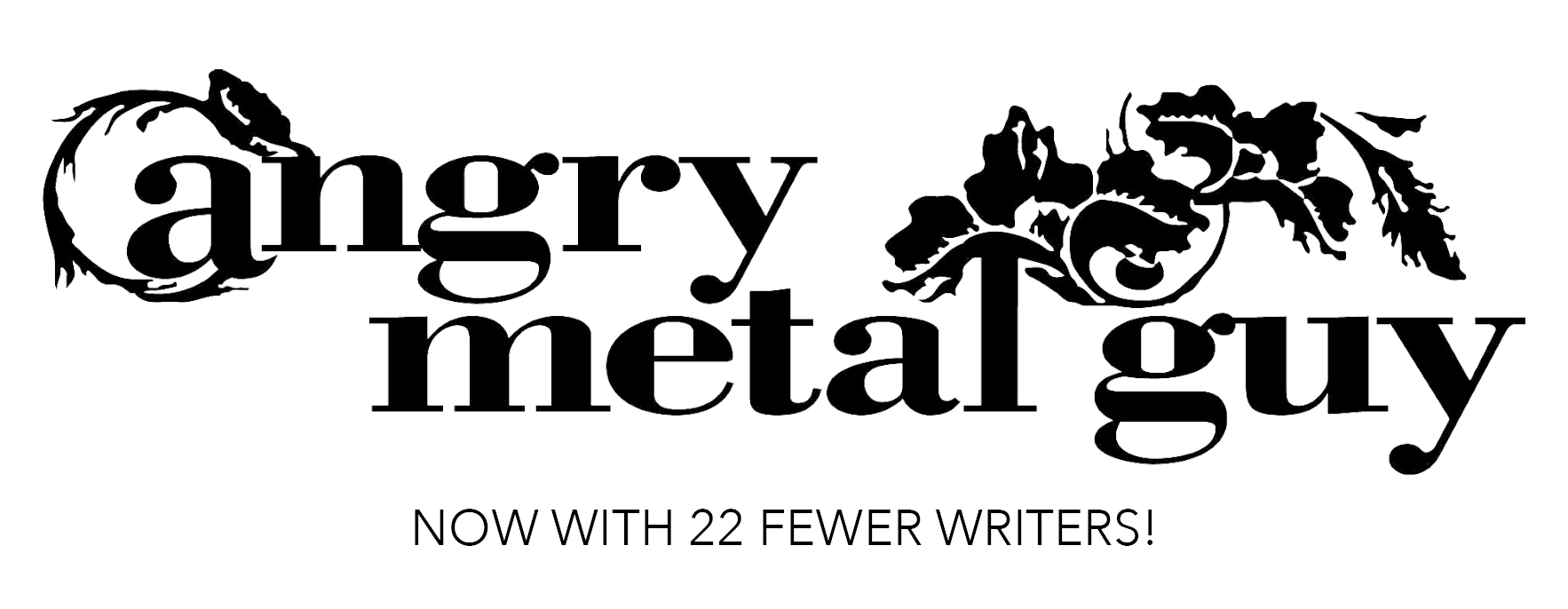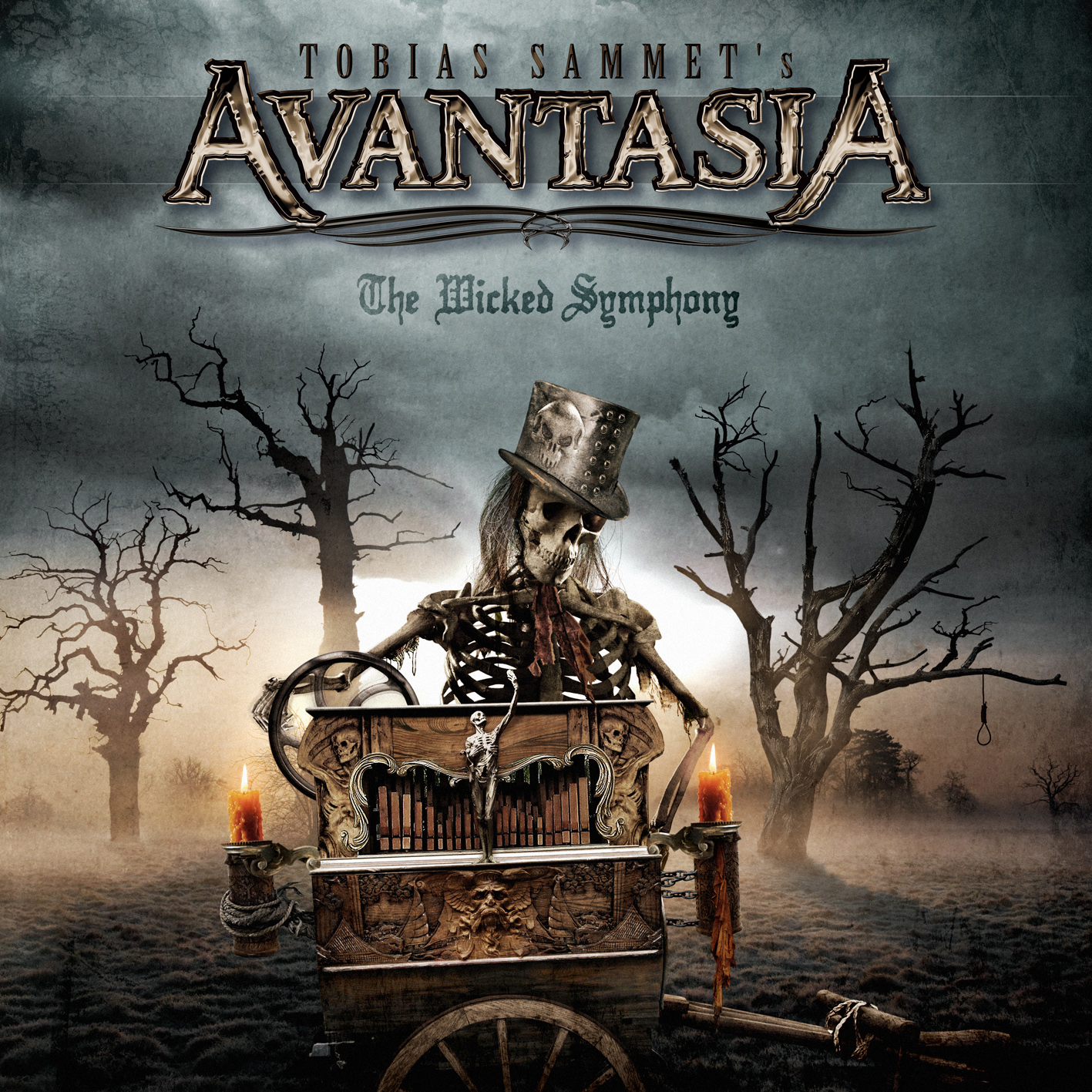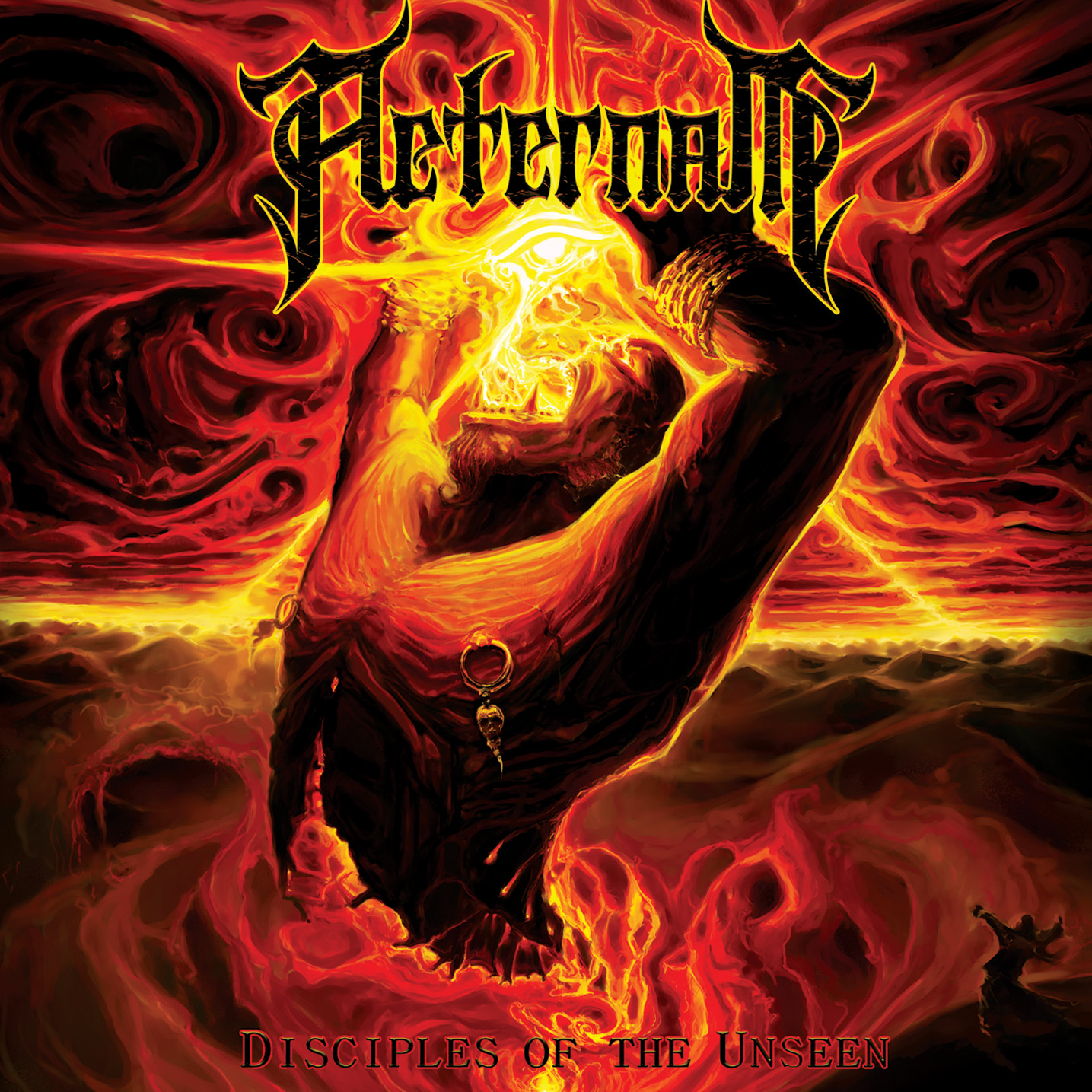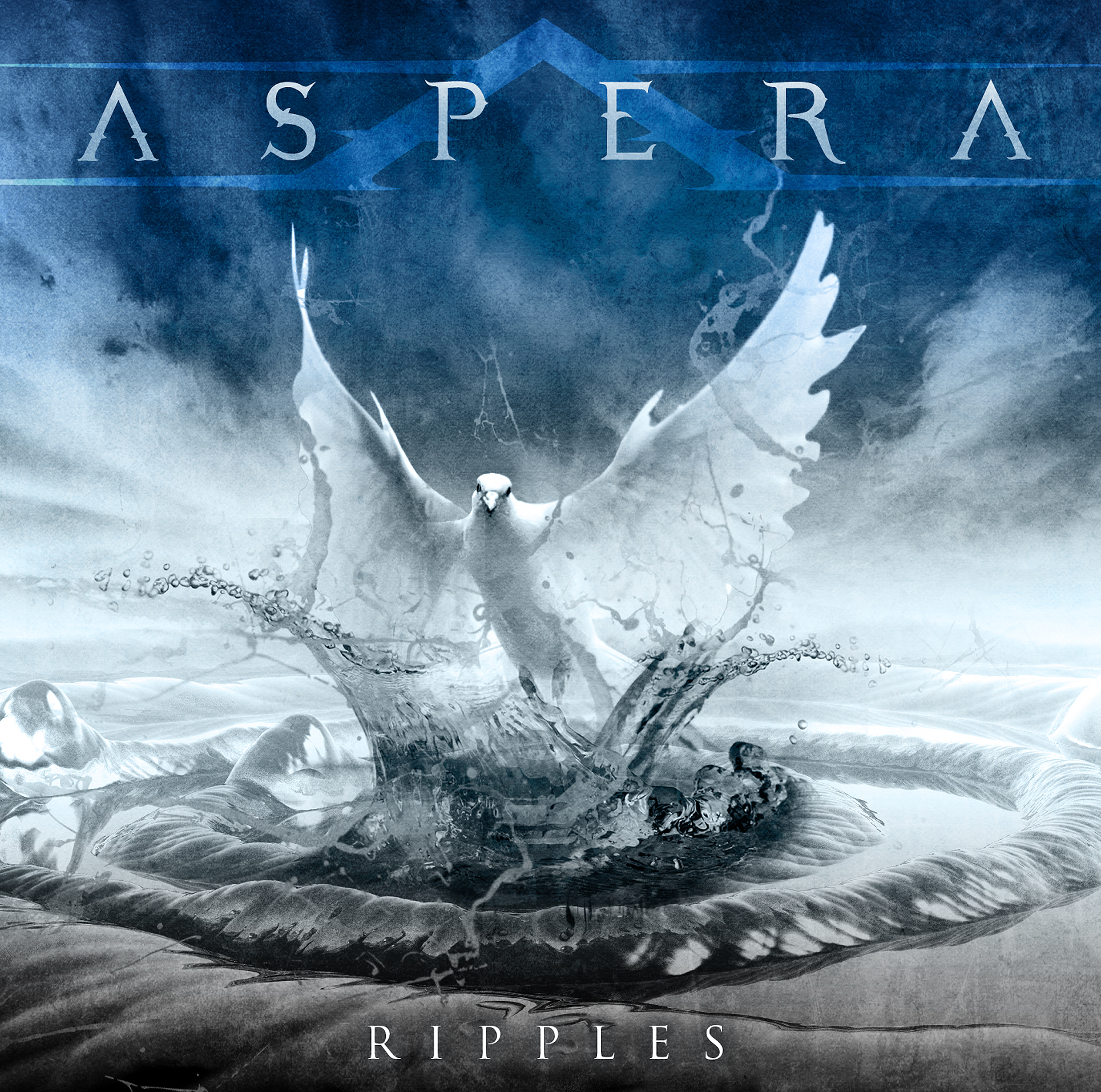Arjen Lucassen, I may have misjudged you. You see, Mr. Lucassen and his projects tend to invoke very different reactions depending on which segment of the Angry Metal demographic one asks. To some, his celebrity studded prog-rock and metal projects with Ayreon and Star One are overblown, self-indulgent, pretentious and worthy of scorn and ruthless mockery (I’ve heard “Gayreon” tossed around more than a little). Others will tell you the man is a musical genius and crafts some of the most adventurous progressive metal out there today. Yours truly was firmly rooted in the former camp (as is AMG, admit it!!) but I’ll concede that parts of Star One’s first album Space Metal ended up being a guilty pleasure despite the cheesy and lightweight “sci-fi metal” concept and sound [Whereas, I reviewed it back in the day on Unchain the Underground and thought it was self-indulgent shit. – AMG]. Well, I’m mighty shocked at the direction Mr. Lucassen has opted to take album number two, Victims of the Modern Age. This is a far FAR heavier, more metallic album, taking the basic foundation of Star One and toughening it up in every way. This is so metallic and straight forward that it sounds nothing like any of Mr. Lucassen’s other works.
Symphony X
Avantasia – The Wicked Symphony Review
So here we have The Wicked Symphony, one of two new albums released this week by Avantasia, the brainchild of one Tobias Sammet (Angel of Babylon being the companion album). Many of you likely know Mr. Sammet as the singer of German power metallers Edguy. Avantasia is his long running mega-sized side project where he collaborates with varied musicians across the metal/hard rock spectrum and experiments with moods and sounds that might not necessarily fit within the paradigm of the more straightforward Edguy. Wicked Symphony and Angel of Babylon complete the trilogy started by 2008’s Scarecrow album. For an easy point of reference, think of Avantasia as a more metalized and less (but still quite) self-indulgent version of Ayreon.
Aeternam – Disciples of the Unseen Review
Egyptian metal is apparently a genre now! I didn’t have any clue! I just thought it was kind of a thing that Nile did. And then it was Nile and Behemoth. And then it was Nile, Behemoth and SepticFlesh. And now it’s Nile, Behemoth, SepticFlesh and Aeternam! I think that counts as a genre! So, that’s pretty cool in and of itself. Oh, and it turns out that Aeternam is pretty cool themselves, leading to a generally all around happy feeling for a few fleeting moments before the general irritants that keep me so angry all the time come crashing back in.
Sigh – Scenes From Hell Review
Let me start with the a territory that isn’t very comfortable for many in heavy metal: orchestrations. Heavy metal has seen many variations on the classical orchestration in many different subgenres. Neo-classical metal, like the wanky stuff with Yngwe or Symphony X, has long bragged about the influence of baroque and classical music. Bands like Rhapsody of Fire and Epica do things that sound like they should be straight out of a movie score and black metal even has a symphonic sub-genre, most notably filled by Dimmu Borgir, whose symphonics have gone over the top in the last few years with the addition of Mustis (though we’ll see what happens now that he’s gone). Never before in my tenure of heavy metal listening have I heard orchestrations used in a black metal record to such effect as they have been used on Sigh’s new record Scenes from Hell.
Aspera – Ripples Review
Progressive metal isn’t an easy place to be. Let’s face it, much of the world of progressive metal is a tussle between an old guard of old fans (the Neanderthals of Metal) who really like bands that sound like Dream Theater, Queensryche, and so forth, and then there’s kind of everyone else. It’s disparate, difficult to define and often pretentious as hell with little logic as to what is in fashion with which group. This is the natural outcome of genrefication, in my opinion, and part of that is a question of where a band can actually progress to. You’re either not heavy enough or you’re too heavy and you never please anyone. Few bands ever really manage to fall outside of these well-worn ruts in the road, but there are some fantastic bands in those ruts, Aspera is one of those bands.






















